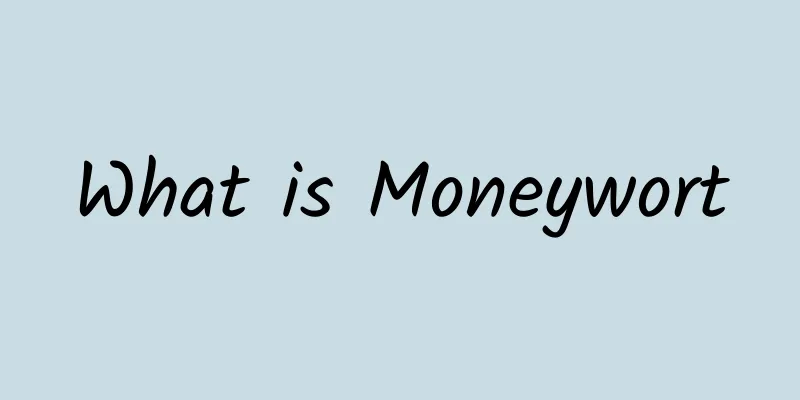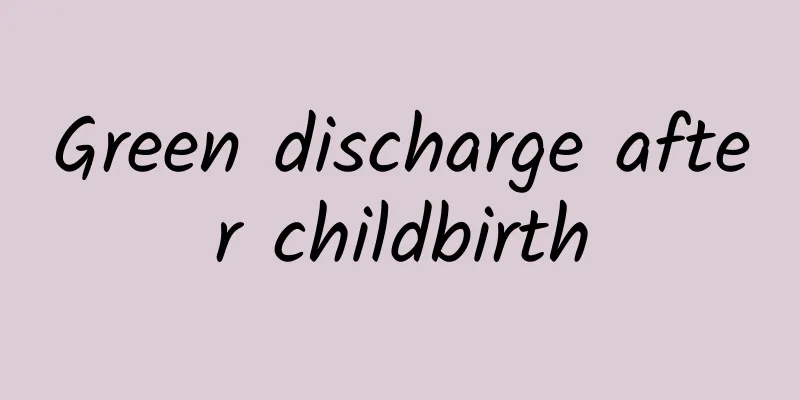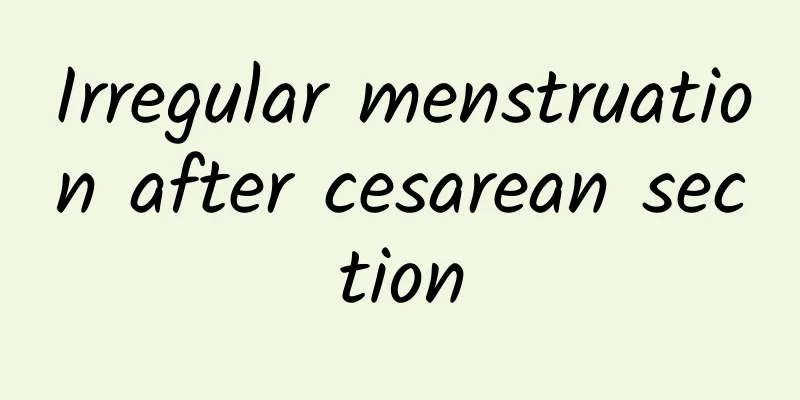What are the effects of hairy eye grass

|
In Shandong, Xinjiang, Jilin, Hebei and other regions of our country, there grows a plant called hairy-eye grass. It also has many aliases, such as rotten scar eye. Hairy-eye grass can be used as food or medicine. It is usually collected in summer and autumn. It can be eaten raw or dried for later use. The hairy-eye grass has many functions and effects, it can be anti-tumor, and can also relieve cough and reduce phlegm. Effects and functions of hairy-eye grass-morphological characteristics Perennial herb. The roots are cylindrical, more than 20 cm long, 3-6 mm in diameter, unbranched or branched, often tortuous, brown or dark brown. The stem is solitary or tufted. When solitary, it has many branches from the base, 30-60 cm high and 3-5 mm in diameter; the sterile branches often arise from the base, are shorter, and sometimes arise from the leaf axils. Leaves linear to ovate, extremely unstable, 2-7 cm long, 4-7 mm wide, pointed or obtuse at apex, cuneate to truncate at base; petioleless; sterile branches and leaves are often pine needle-shaped, 2-3 cm long, about 1 mm in diameter; sessile; involucral bracts 3-5, the same shape as the stem leaves; umbels 3-5, 2-4 (5) cm long; bracts 2, often reniform, rarely ovate or triangular-ovate, 4-12 mm long, 4-10 mm wide, acuminate or nearly rounded at apex, nearly truncate at base. Inflorescence solitary at the top of dichotomous branches, sessile at base; involucre bell-shaped, about 3 mm high, 2.5-3.0 mm in diameter, with 5 lobes at the edge, lobes semicircular to triangular, hairy at the edge and inside; glands 4, crescent-shaped, with horns at both ends, which are long and pointed or short and blunt, with a large variation range, and brown. There are many male flowers, with broad linear bracts and no hair. There is one female flower, with an ovary stalk that extends clearly beyond the involucre. The ovary is smooth and no hair. There are 3 styles, which are separate. The stigma is 2-lobed. The capsule is triangular-spherical, 5-6 mm long and in diameter, with three longitudinal grooves; the style is persistent; it splits into three mericarps when mature. The seeds are ovoid, 2.5-3.0 mm long, 2.0-2.5 mm in diameter, yellowish brown when mature; the caruncle is shield-shaped and sessile. The flowering and fruiting period is from April to October. The main value of hairy eye grass 【Nature and flavor】Bitter; slightly cold; toxic 【Entry】Lung; Liver 【Properties】Bitter, pungent, and cool. poisonous. It enters the lung, stomach, liver and spleen meridians. 【Effects】Anticough; expectorant; dispersing nodules; diuretic; detoxifying; insecticidal. It is used to treat cough and asthma due to phlegm and fluid retention; edema; scrofula; scabies; and unknown swelling and pus. [Usage and Dosage] For external use: take appropriate amount, boil it into a paste for external application or grind it into powder for external application. For oral administration: decoction, 3-9g; or made into pills. [Additional prescription] ① To treat cervical lymph node tuberculosis that has broken into tubes: boil the herb into a paste and apply an appropriate amount to the affected area. (Hebei Traditional Chinese Medicine Handbook) ②Treat itching caused by ringworm: Grind the herb into powder and mix it with sesame oil, peanut oil or lard to apply on the affected area. (Hebei Traditional Chinese Medicine Handbook) 【Indications】 (1) It can eliminate toxins and fight cancer, and is used to treat cancer and tumor toxicity. (2) It can dispel phlegm and resolve nodules. It is used for swelling caused by phlegm and fluid. Effects of Hairy Eye Grass 1. Antitussive, expectorant and antiasthmatic effects: The flavonoids extracted from the aerial parts of Euphorbia auriculariae have an antitussive effect on ammonia-induced cough in mice, and the phenol red method in mice also shows an expectorant effect, but it has no preventive effect on histamine-induced asthma in guinea pigs. 2. Antibacterial effect: Alcohol extract (1:1000) and water decoction (1:300) have inhibitory effects on tuberculosis in vitro. It is said that it also has inhibitory effects on Pneumococcus, Streptococcus alpha, Catarrhalis, and Haemophilus influenzae. |
<<: What are the local remedies for pharyngitis?
>>: Can ginger cure gray hair?
Recommend
Face bones too wide? These surgeries can help you
Having an exquisite small V-face is the dream of ...
What should I do if my baby has allergies?
When babies are young, they like to crawl everywh...
Feeling dizzy when sleeping?
After a tiring day, people hope to lie in bed and...
The glans is bleeding
The glans is a very important part of a man's...
Headache after washing
If you have a headache after washing your hair, y...
Can I eat watermelon after taking Chinese medicine?
Watermelon is a benign fruit, so it is especially...
The efficacy and function of Cnidium monnieri
Cnidium monnieri is also known as Cnidium monnier...
What are the symptoms of acute appendicitis?
In life, people will be exposed to some diseases ...
What is the cause of breast bleeding?
Many mothers experience nipple bleeding during br...
Effects and functions of Panax notoginseng stewed chicken
After giving birth to a child, many of the vitali...
How to quickly eliminate acne on the philtrum
If acne appears on the philtrum, it may have some...
What to do if internal hemorrhoids are everted? Traditional Chinese medicine remedies are very effective
As the saying goes, nine out of ten people suffer...
What are some traditional Chinese medicines that increase estrogen?
Estrogen is an important hormone in our body. If ...
What is the problem of blisters in the vagina? How to treat vaginal blisters?
If there are blisters at the vaginal opening, it ...
The efficacy of Poria cocos, barley and red bean water is nutritious and healthy
Poria cocos, coix seed, and red bean are all very...









